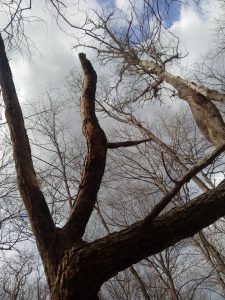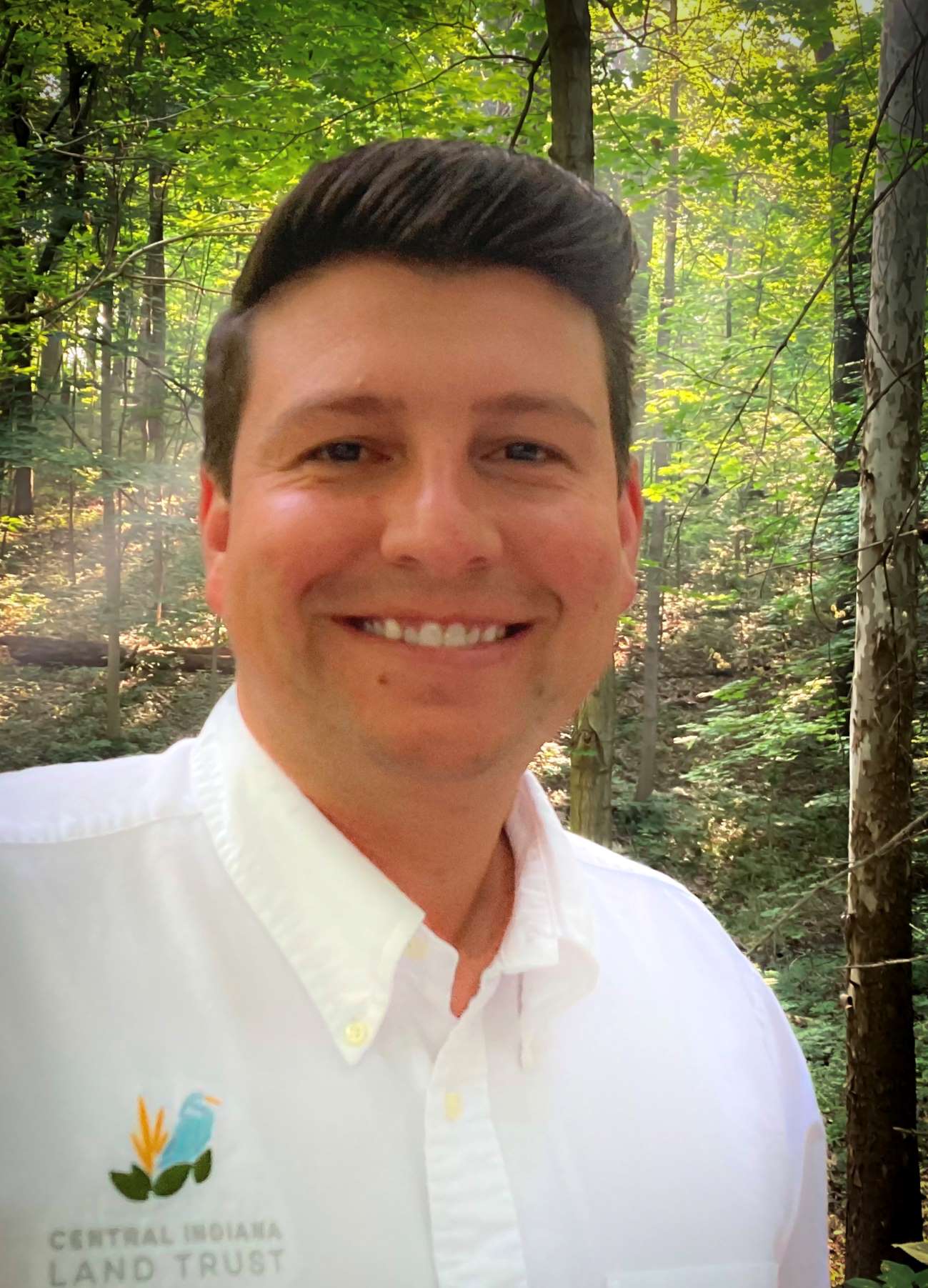First in a series on the Trek our Trails Challenge by guest blogger Ben Valentine
“The word ecology is derived from the Greek oikos, the word for home.” ― Robin Wall Kimmerer, Braiding Sweetgrass: Indigenous Wisdom, Scientific Knowledge, and the Teachings of Plants
“Nature is not a place to visit. It is home.” ― Gary Snyder, poet
These days, my home tries to be everything: office, gym, restaurant, vacation getaway, daycare—so many services and desires all fell onto each residence when COVID-19 stormed across the planet. The one refuge that remained for my family—and indeed, for so many—were the nature preserves nearby.
The Japanese concept of Shinrin-yoku, or forest bathing, has been a great medicine to the woes of social isolation, sickness, and political unrest. Everywhere I hike, I see people on formerly quiet trails, rediscovering and reconnecting to the outdoors, that greater home of homes.
But nature is overused and in disrepair. It is hard to find places that feel intact when surrounded by corn, chemicals, and development. It has been especially hard this seemingly endless winter, stuck inside for too long—no vacations and too little social contact.
With this in mind I’ve decided that to celebrate this spring and summer, I will do the Trek Our Trails Challenge—seeking out those rarified islands of refuge and beauty that CILTI stewards. Accordingly, I hop in my car, and drive from Indy to Meltzer Woods with my son, to show him what this, my home state, would have looked like long before we were here.
My son is not yet two and a half, but the words he can say are testament to his expansive understanding of home. An outsized proportion of his vocabulary is filled with words like woodpecker, tree, mushroom, snake, flower, owl, or skip (as in skip a rock). He is just at home in the woods and riversides as he is in our house, and he takes to Meltzer Woods as if it were the city parks we frequent. But I try to show him the differences.

I tell him that there are just as many dead trees as living in a healthy forest, and we take joy in the rotting—finding mushrooms, worms, and mosses flourishing therein. I point out the impressive heights and girths of Meltzer’s old growth, and he appreciates each one. We’ve become literal tree huggers—soaking in each smell and texture. We spot titmice, chickadees, downies, red bellieds, cardinals, and robins. We search for signs of spring, and find it in small wildflowers beginning to bud and our first butterfly of the year.
We walk to the edge of the old growth and look at farmland, and imagine what it will be in 100 years, when CILTI has replanted and stewarded it. I tell my son—this is a future forest, and it will become a home to many creatures, and will outlive us all. We thank the Meltzer family for this precious gift: a glimpse of our home, 10,000 years ago.


Ben Valentine
Guest blogger